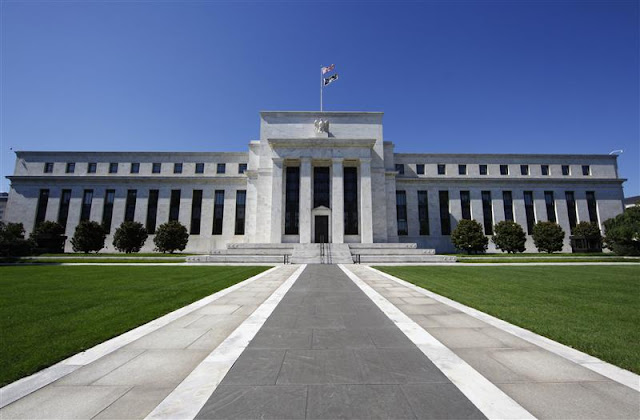In a historic move, President Biden nominates two Black economists for the Federal Reserve’s Board of Governors.
President Joseph Biden nominated two Black economists - Lisa Cook and Philip Jefferson - to serve on the seven-member governing board of the Federal Reserve.
Currently a professor at Michigan State University, Ms. Cook was a senior economist in the Obama administration. Her research centers on African American innovation.
Mr. Jefferson is a poverty researcher and professor at Davidson College. These appointments are significant in several ways. Not only is this the first time two African Americans will be nominated at the same time, but, with the simultaneous nomination of Sarah Bloom Raskin, if all are confirmed, women would constitute the majority of Federal Reserve Board members. This is truly unprecedented.
The nominations come at a critical time. Inflationary pressures have increased, due mainly to a rise in corporate profits driven by a desire to lower business risk in the face of pandemic-induced uncertainty. In December, 2021, the Fed announced that it expects to curtail “its pandemic-era bond purchases in March (2022) and pave the way for three quarter-percentage-point interest rate hikes by the end of 2022.” In addition, labor market pressures are unusually acute, as. the number of workers resigning reached record levels across industries and fields. Having experienced significant emotional and social volatility, dissatisfied employees are acting on their preferences to find occupational opportunities that are more consistent with their ethical, social and environmental values and goals.
While we agree the Fed is correct in observing that, for whites, "the economy no longer needs increasing amounts of policy support," specific sectors and demographics require ongoing support. The key skill of a central bank in the current environment is identifying these demographic sectors and providing targeted, non-inflationary support. There are many ways to do so, but, the added gender and ethnic diversity mean there is a better chance that the Fed will be familiar with these techniques. The fact that the two Black nominees are not tied to corporate interests increases the probability that, if confirmed, the Fed will find the right policy mix.
Of course, the contention that these nominations will help by expanding the Board’s diversity of life experience and empathy is subject to validation: the "Barack Obama/Clarence Thomas effect" means that simply having a Black person fill a high-profile position is not enough to change Black economic fortunes for the better.
Further, recent ethical failures have served, in the minds of many, to validate skepticism of social and political institutions, especially the Fed. Three senior Fed officials traded millions of dollars’ worth of stocks in companies which are sensitive to monetary policy. Given these facts, many question the Fed’s ability to fairly represent the public interest.
Still, we believe these are excellent, optimistic nominations.
While we understand the Fed’s desire to raise interest rates, given the unique circumstances outlined above, we believe such a move will foster increased social instability. We expect the current pandemic to continue as COVID mutates and believe the Fed needs to focus more on inequality. These nominations may help the Fed do so, and may also help restore public confidence.

